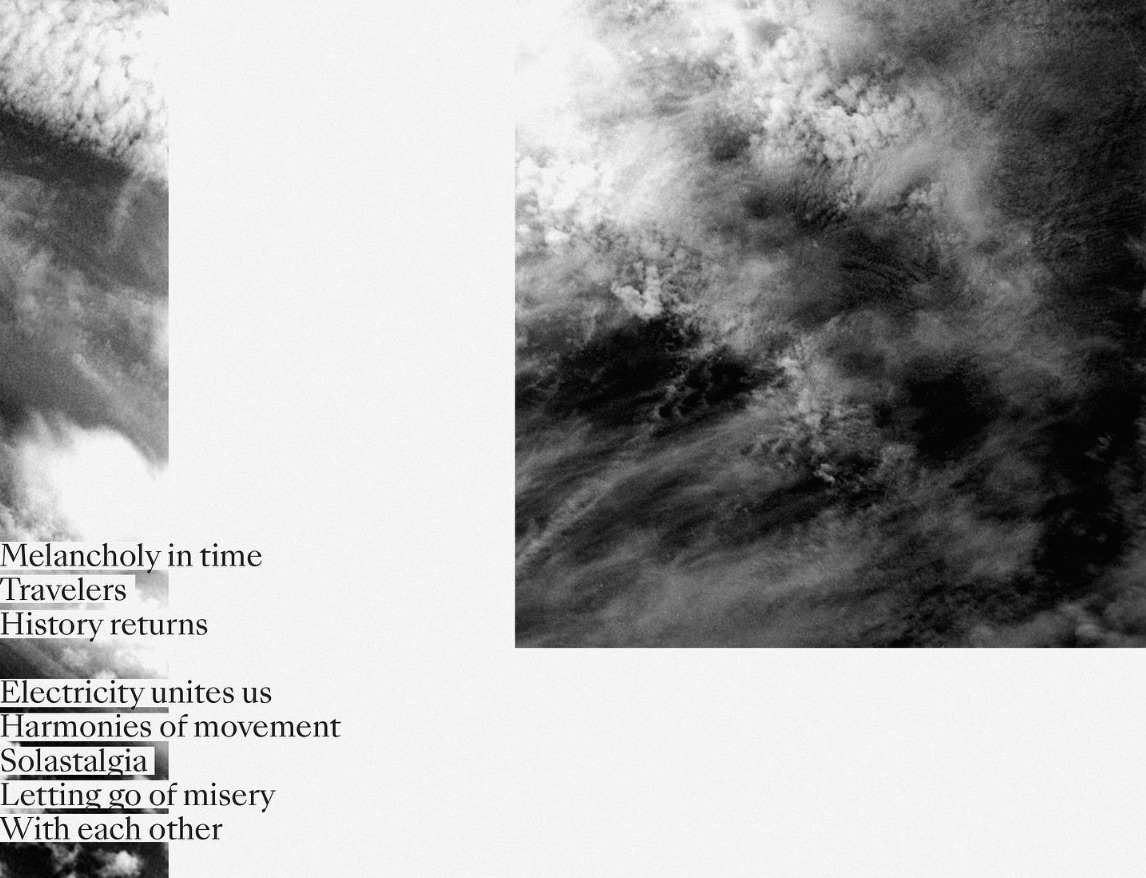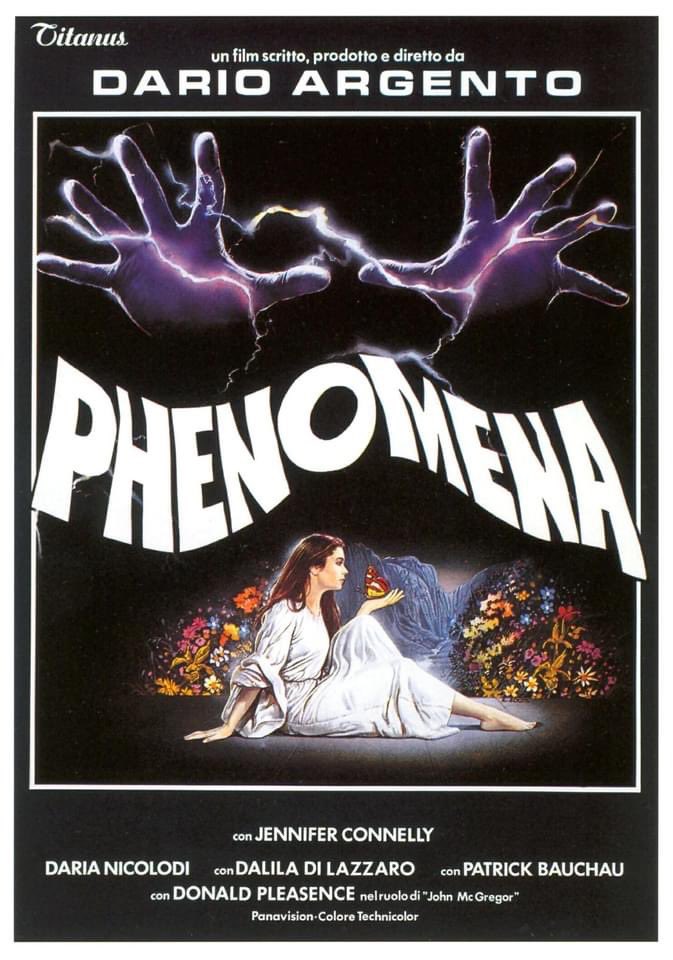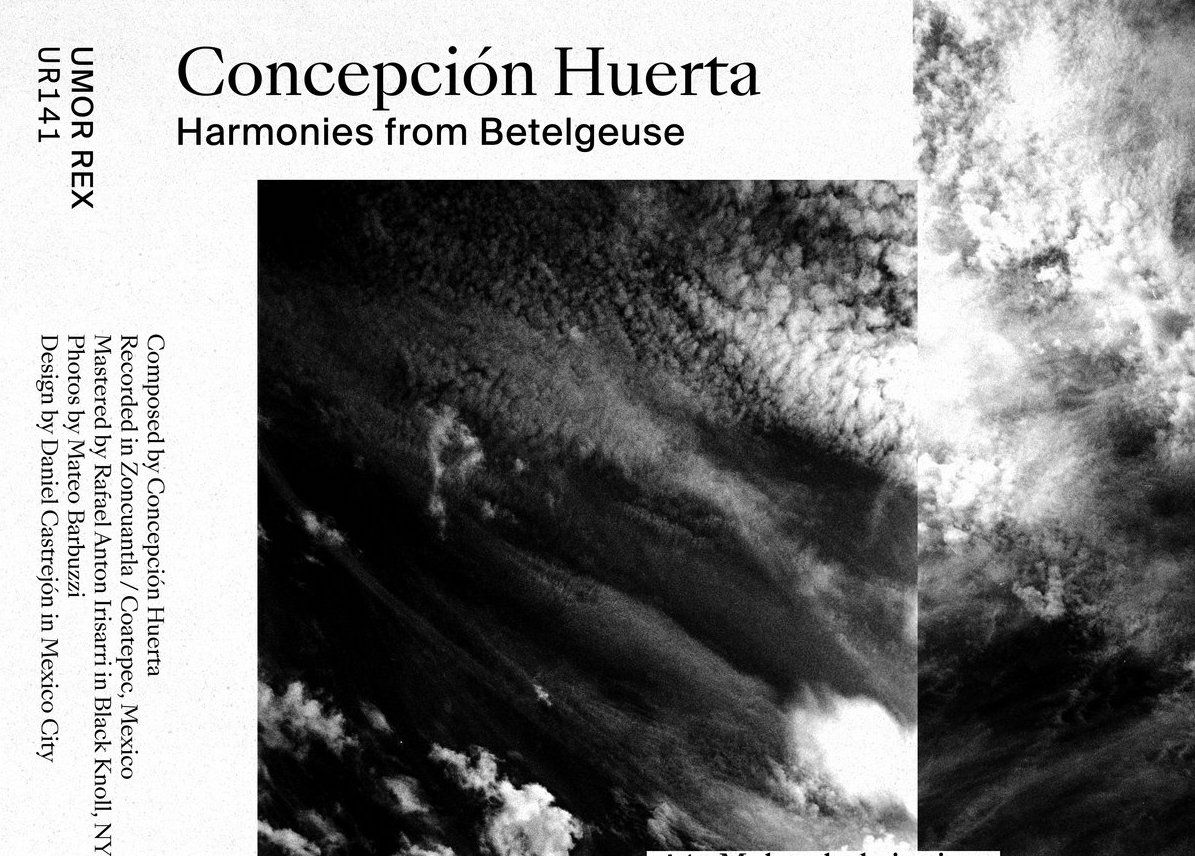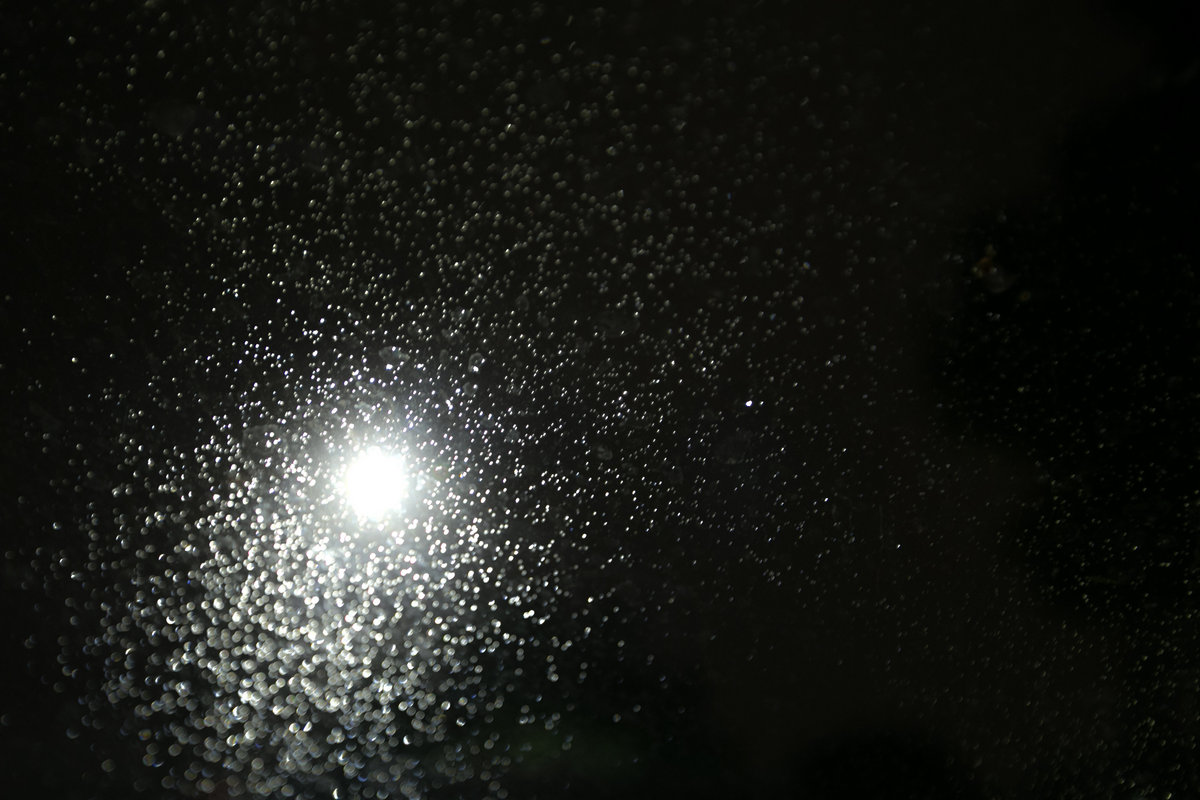
Interview
Echoes and Resonances: An Interview with Concepción Huerta
by Mariel Vela
Reading time
6 min
Concepción Huerta’s repertoire is constituted by spectral frequencies, as well as slides between sound textures that allow one to delve into an atmosphere’s inner rhythm. I heard these noises and harmonies even before I heard her voice, which now plays in my earphones among the sounds of birds and engines. “Transcribing is an act of careful listening,” I think as I try to translate the slippery grammar, the lost thread of our ideas or the mixed laughter. We met at the beginning of September in order to talk about electricity, noise, and a very old star called Betelgeuse.
Concepción Huerta: I think that not entering a music academy was the best thing that could have happened to me, since it allowed my approach to sounds to come from another place. At first I said: well, I don’t make music, I make recordings. Then I realized that my TASCAM is an instrument and that somehow what I recorded with it generated certain harmonies and rhythms, even though they didn’t have formal musical structures. I no longer judge my process. Also, while studying audiovisual media, I realized that sound and image are always related—they always correspond. For example, when I took still photos I felt that I could also transmit a sound: sometimes silence, sometimes noise. Now when I work on my sound pieces, images appear all the time.
We begin talking about the sights and sounds in our lives, especially those from childhood. As a child, Concepción saw very strange images on TV that stayed with her for several years. Some time later, while studying film, she realized that they belonged to the movie Opera (1987), directed by Dario Argento. We both share a deep love for giallo films and together we fantasize about having the power to communicate with insects, like Jennifer Connelly in Phenomena (1985). In the latter there’s a scene in which one of her roommates runs through the corridors of her school while an Iron Maiden song can be heard. Thus surge to mind memories of being in the back seat of a black Thunderbird, vibrating to heavy metal, my dad’s hands on the wheel and my sisters by my side on our way to school.

CH: I just saw the film Memoria by Apichatpong Weerasethakul. Tilda Swinton plays a Scottish woman who hears a deep explosion at dawn and becomes obsessed, searching everywhere for its origin. I thought: this character is just like me! I believe that sometimes this happens to me, that there are sounds in life that have called me and have become part of my processes. I don’t believe in incredible ideas; I believe in everyday happenings, in letting things just come to you.
Mariel Vela: Some of the topics that interest you are science fiction, the idea of time, and interspecies relations. For example, I like to think that even though we know that in outer space there are no vibrating air molecules that could transport sounds, a desire to imagine them nevertheless persists.
CH: I enjoy the exercise of trying to get out of my body and to feel, perhaps, like a plant. I’ll never know how that plant feels, but just the fact of wondering about this already puts me in another place with my senses. I recently became obsessed with a red supergiant star called Betelgeuse. They say that a star is brightest when it’s about to die. I felt called upon by this idea, and it forms part of a recent album called Harmonies from Betelgeuse. Throughout this process, I began to feel that from that star I was receiving signals, which I then tried to translate. That’s what death means, don’t you think? Transforming oneself into something else. I spent three days locked up with some synthesizers that I was just starting to use and I really connected with those machines in a very strong way. I felt how the electricity that I transmitted through my body was interpreted as a signal.

“We don’t remember things as they were but as we are, as we were. The skein of memory is imprecise, elusive, unfaithful,” writes the singer Gabriela Mosqueda. The exhibition Negra espalda del tiempo [Black Back of Time] at Cuarto de Máquinas speaks to mechanisms of memory via the spatial drawings of Vanessa Enríquez and a site-specific sound piece created by Concepción Huerta.
CH: I met Vanessa last year when she invited me to a workgroup. Vanessa and I work with the same medium but from very different places. She calls her work spatial drawings, so to effect a kind of resonance I tried to make a sound drawing, distributed across eight channels. If I made a map or a score of my personal memory, what would it sound like? I think that there lie all the processes that I’ve explored: some sounds come from recordings, others were processed on magnetic tape, and I also used very low frequencies. There are parts of the piece that record the moment that Vanessa touches the tape; it sounds like a string, a squeaking that I later processed.
%2C_2019_de_vanessa_.jpeg?alt=media&token=19e7adb6-e2c0-4cd3-8201-08a8262af3fc)
I think of the materiality of tapes where sounds are transferred like a magnetic field: a way of saving them. What does it mean to allow other touches to be inscribed in the fragmented field of one’s own memory, even of one’s own doing? Concepción Huerta’s work is one of resonances, samples, and echoes. She tells me about Generación Espontánea, about her conversations with Fernando Vigueras, about how she reads the face of Gibrana Cervantes while they play live. I also listen to the ghostly voice of Mabe Fratti on some of her tracks and I read words by Camille Mandoki accompanying Eclipse (((cuestión de tiempo))), dedicated to Manrico Montero.

CH: I remember a conversation in which he [Manrico Montero] told me, “Well, if you go down the path of sound, involve yourself in it.” We talked a lot about life…noise. Of all the advice he gave me, there’s a phrase that I still think about a lot: “It’s all a matter of time.” Later he passed away and it was in his absence that I felt the force of these words and their resonance in my memories. When someone disappears on one plane, I think there are still others where they become more powerful.
Translated to English by Byron Davies
Published on September 25 2022